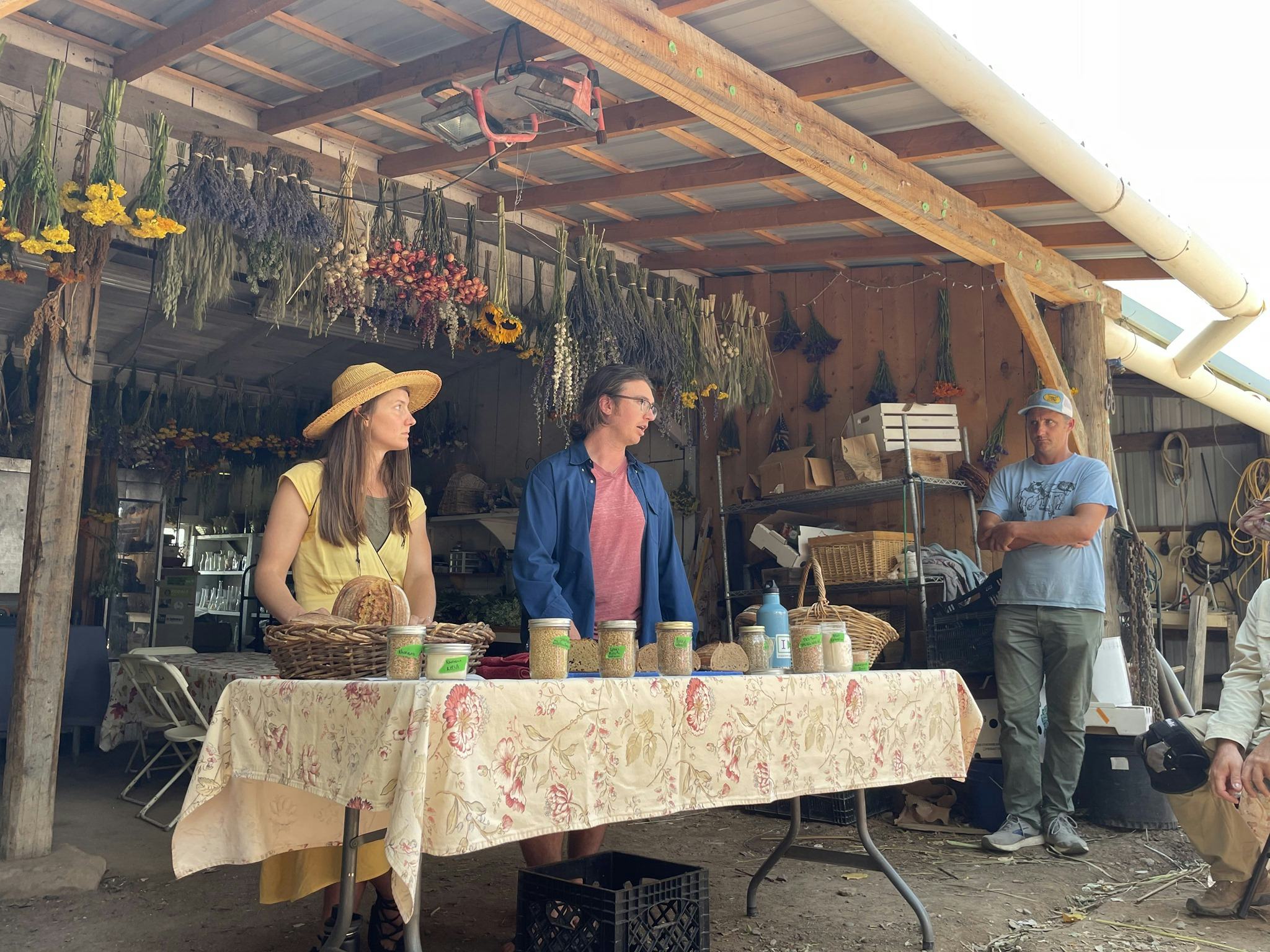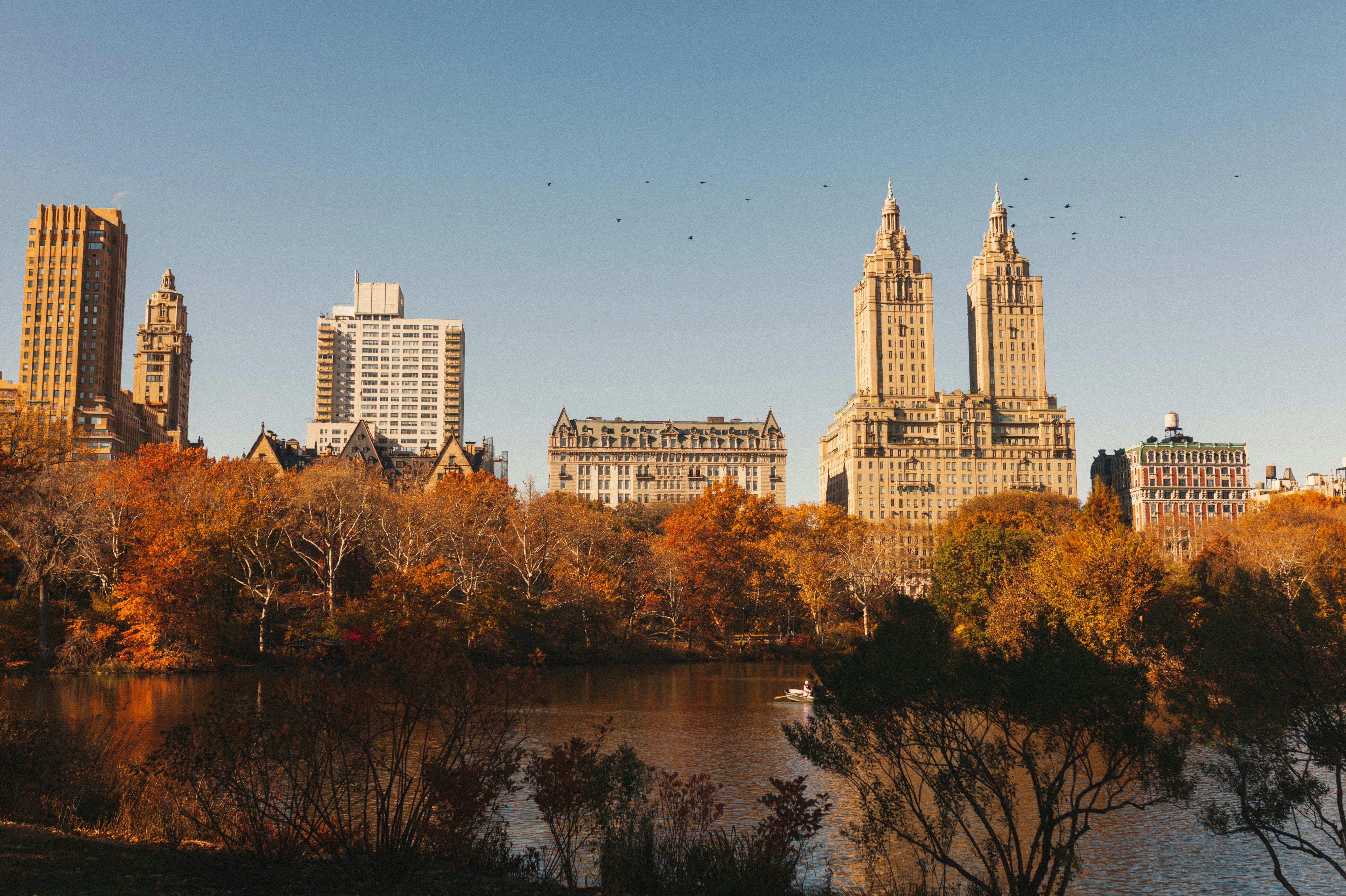Please Plan Accordingly
This is the most important thing I learned in school: no matter how large or small, no matter how improbable and remote, everything out there is related, linked, connected.
Not only is this possible, it is logical. The water in your bottle traveled from the bottom of a kelp forest in the Pacific on the back of a sea lion, evaporated into the stratosphere, fell onto a remote ridge line in an alpine storm, and flowed back down as pure, cold mountain meltwater. Many cycles affect every existing living and nonliving aspect of the natural world.
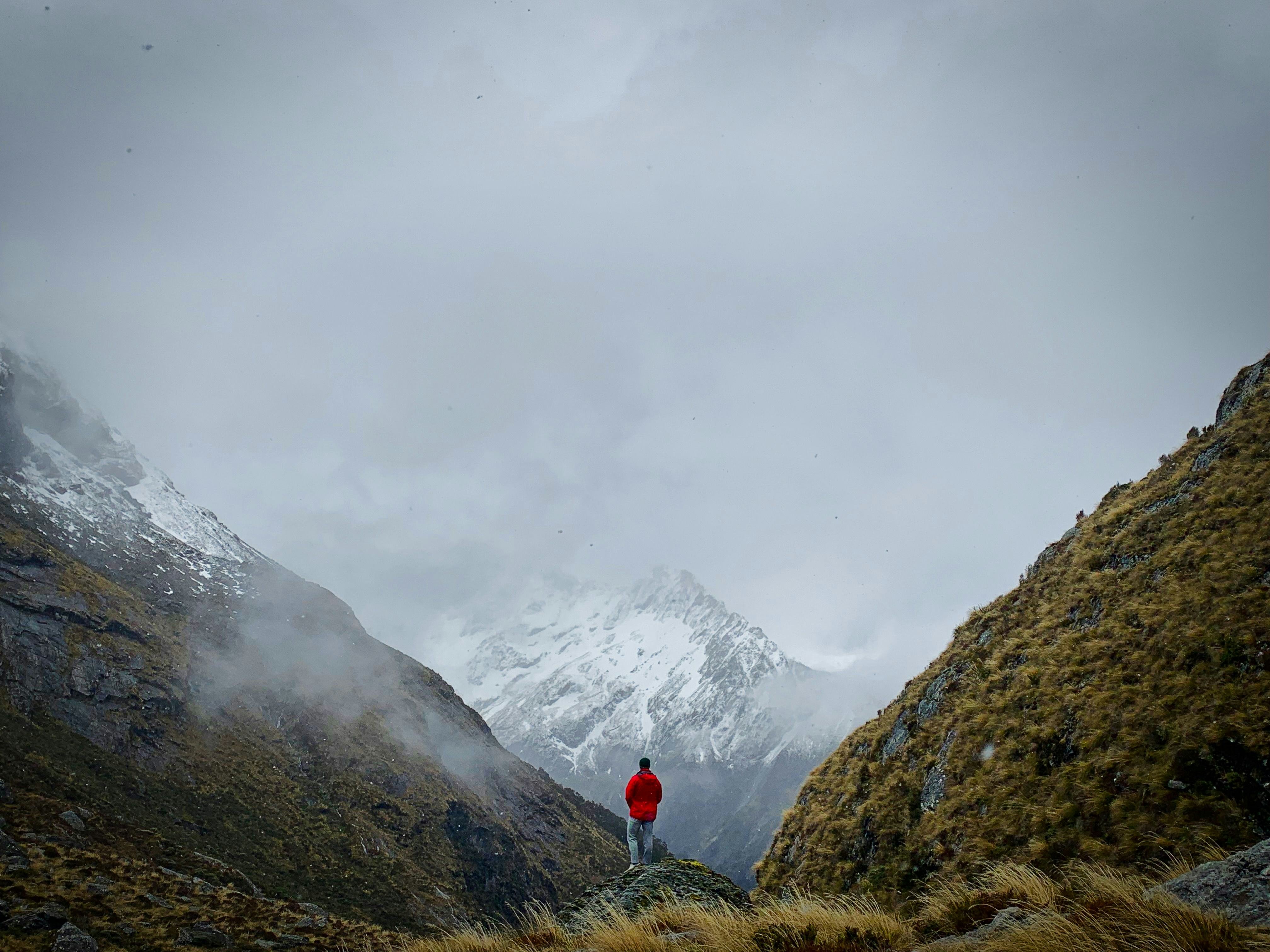
Above the Routeburn Valley
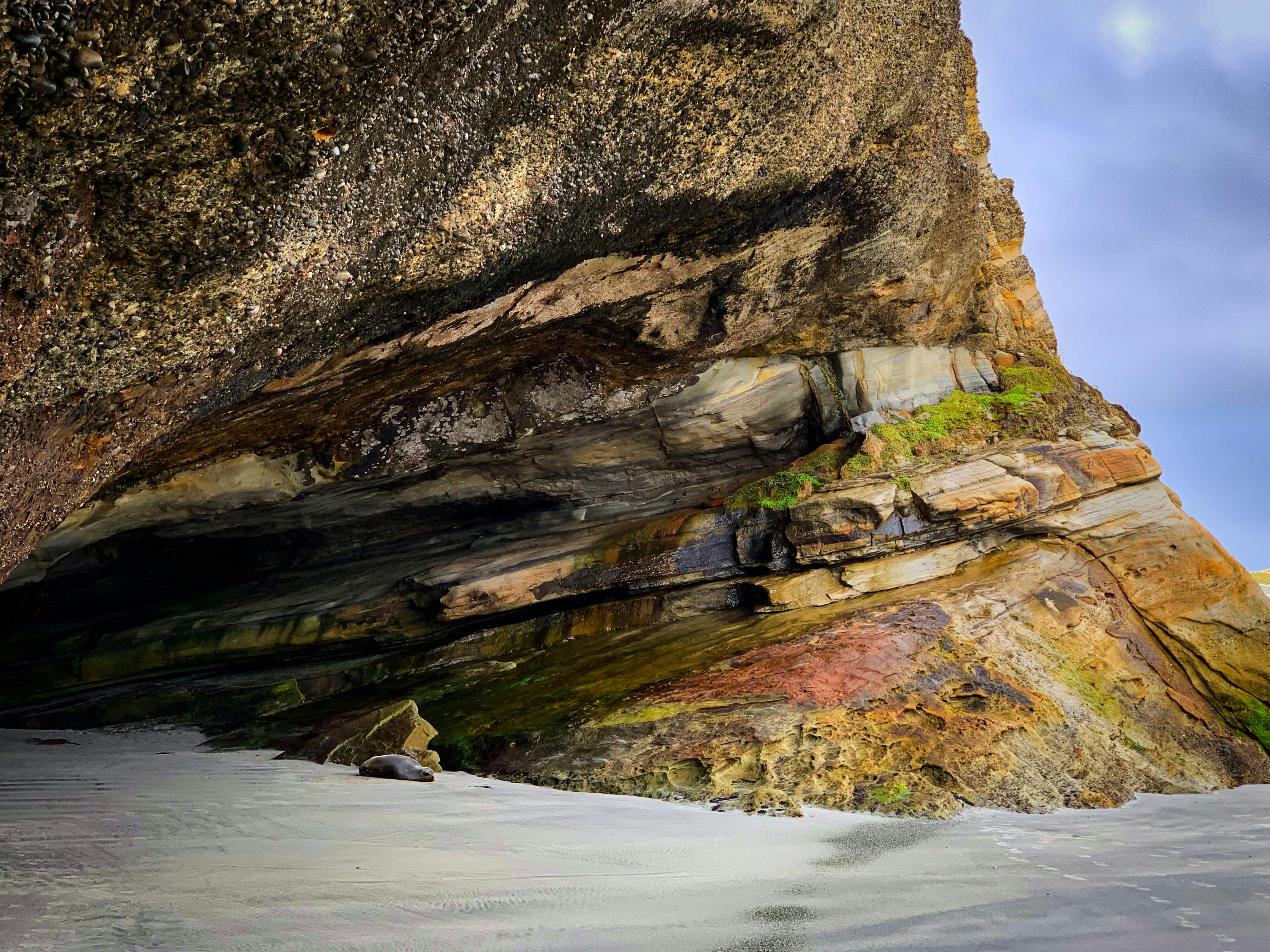
Along the coast of Abel Tasman National Park
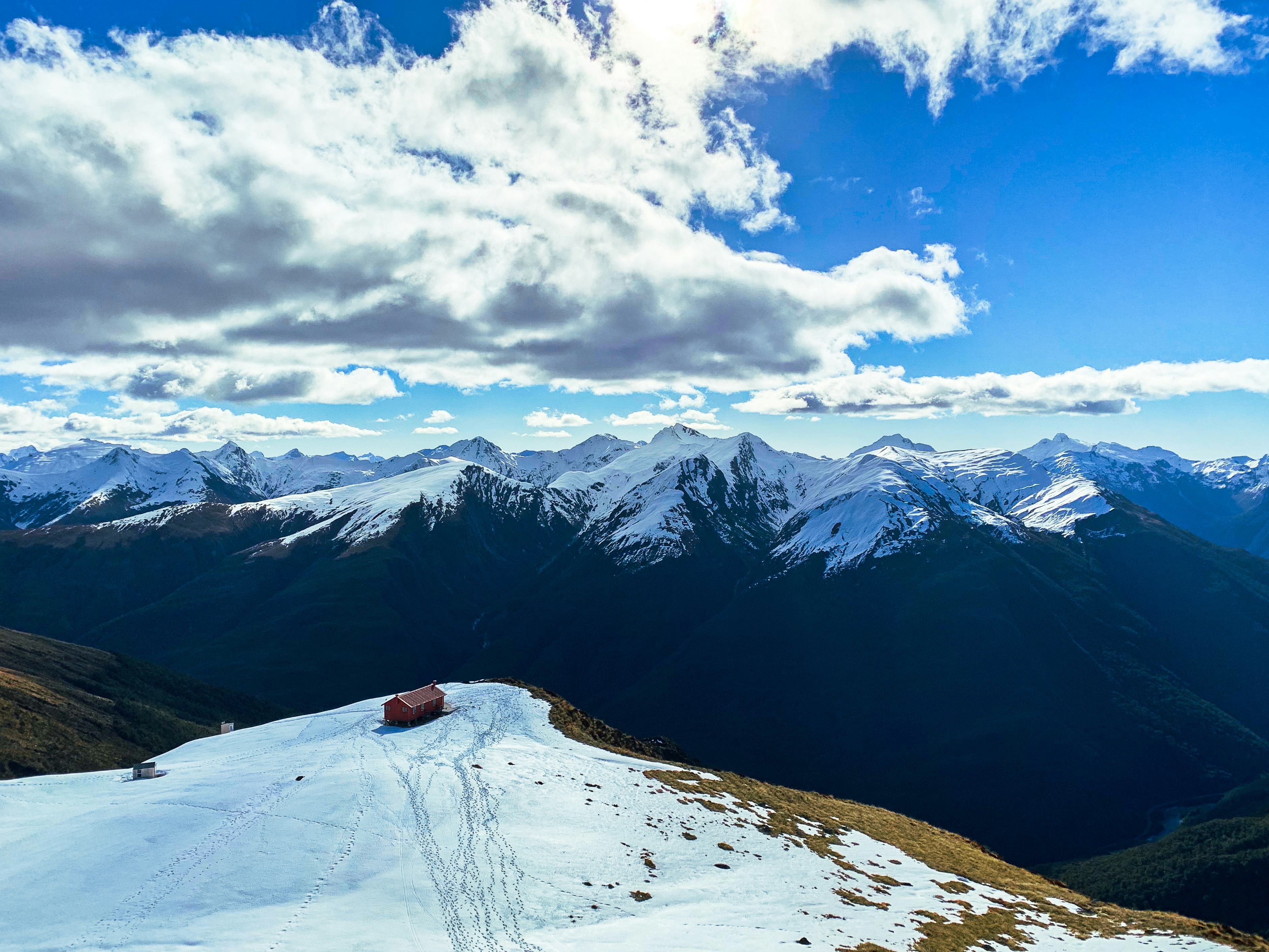
Brewster Hut in Mount Aspiring National Park
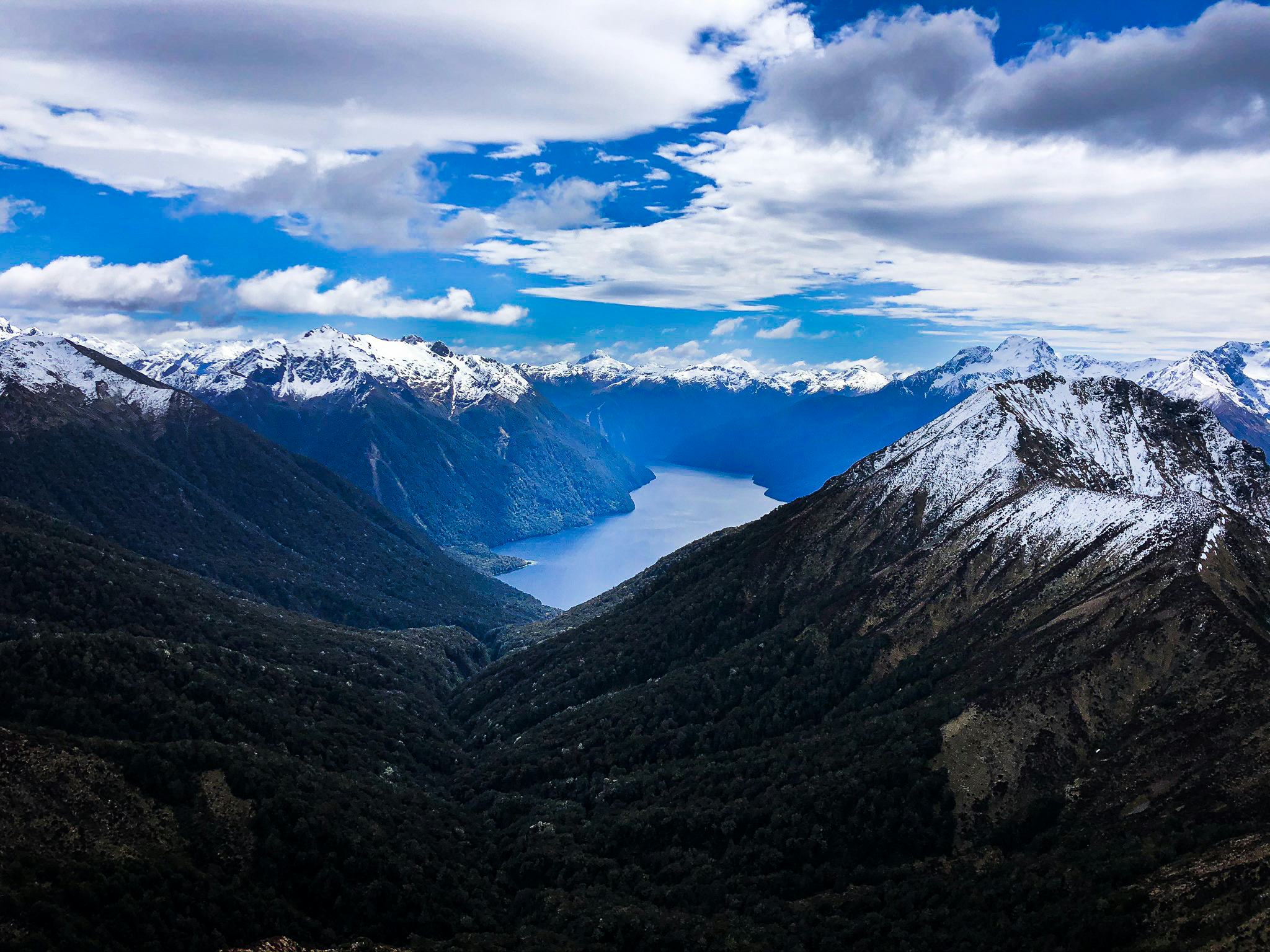
Lake Te Anau from the Kepler Track
Interconnectedness is easy to accept in theory. It took me longer to truly understand and appreciate it. Nature is far too large for any individual alone to understand and appreciate.
We must suspend our disbelief to clearly see the relationships which bind it all together and to not lose ourselves in sublimity.
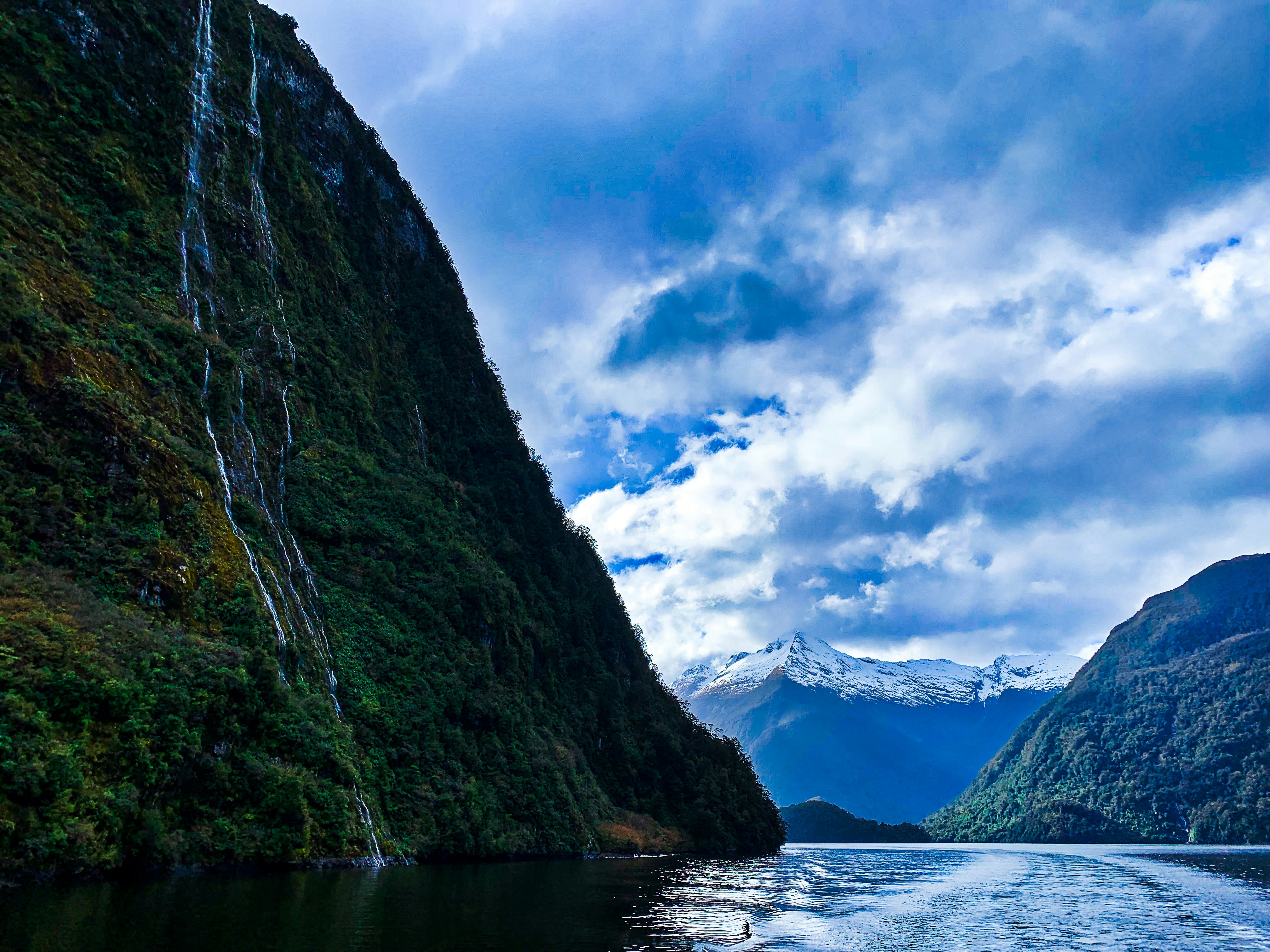
Doubtful Sound
You and I are part of this natural order. We are another dimension of the natural world for water to pass through, just as through a cloud or glacier. Wherever we look, from the tallest snowcapped peak to the smallest photosynthesizing cells, this is true.
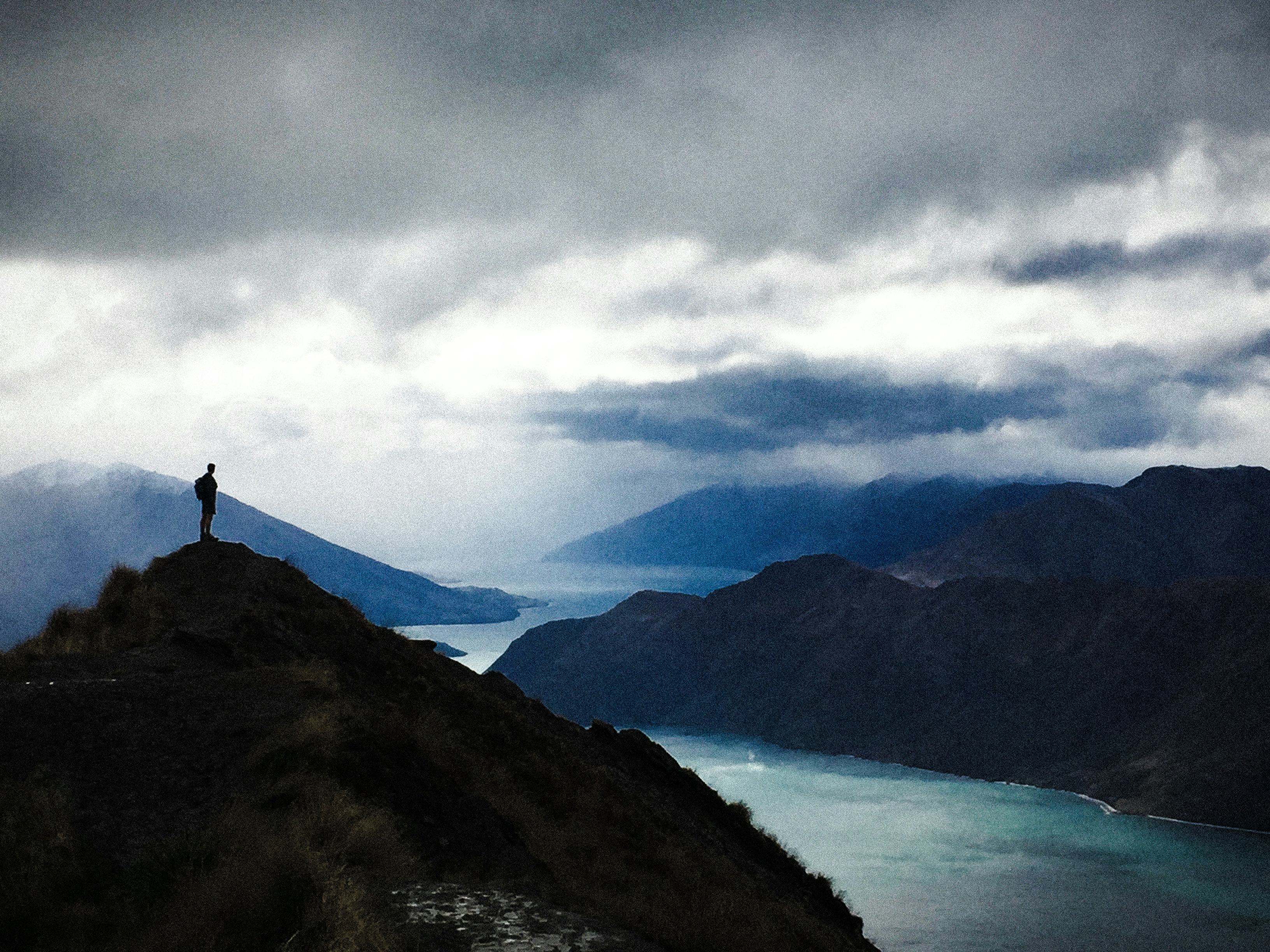
Lake Wānaka from Roy’s Peak
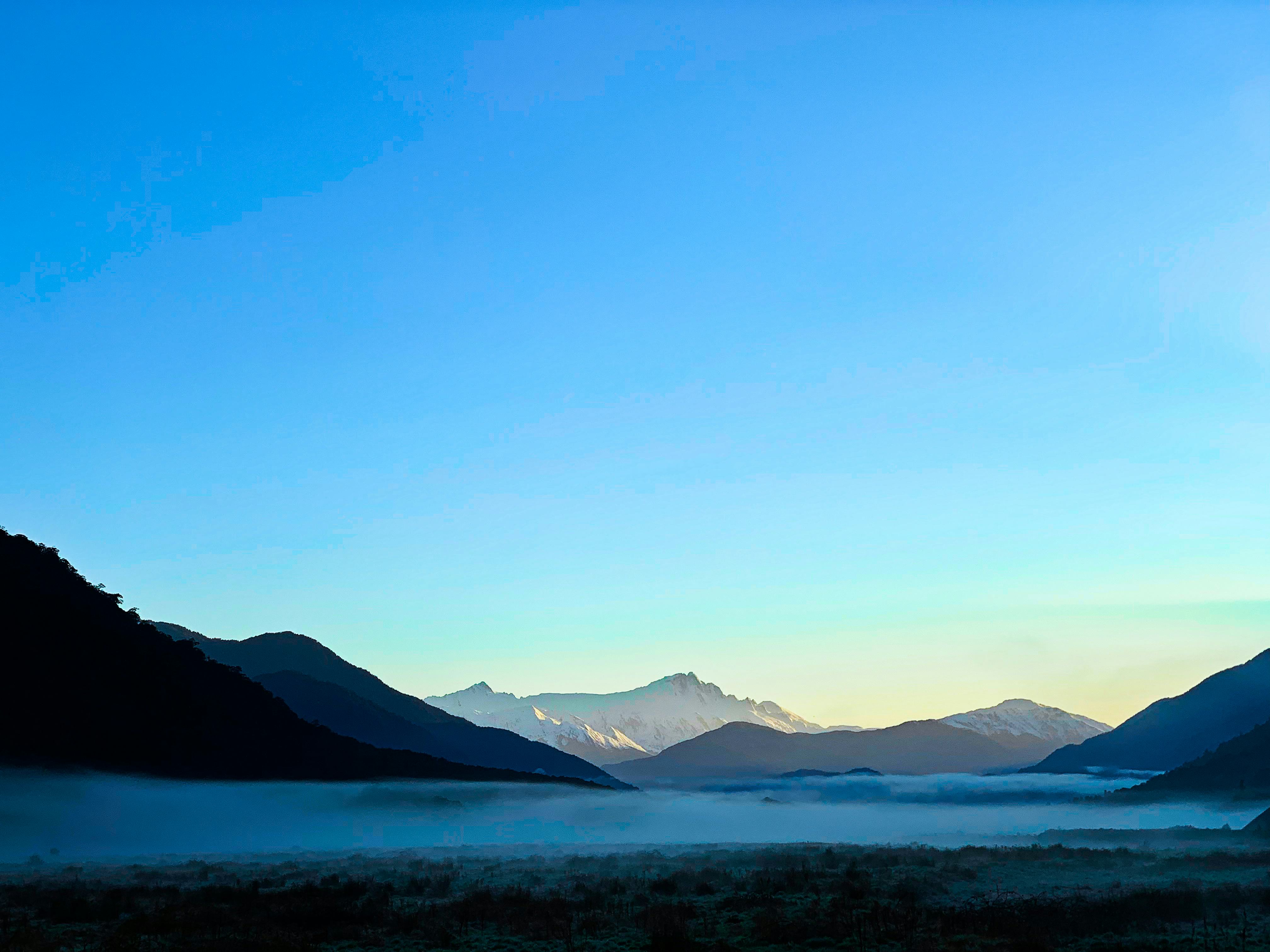
Mount Hooker at sunrise, Mount Aspiring National Park
Seeing this, we can begin to understand how the world is connected to itself, over and over and over again.
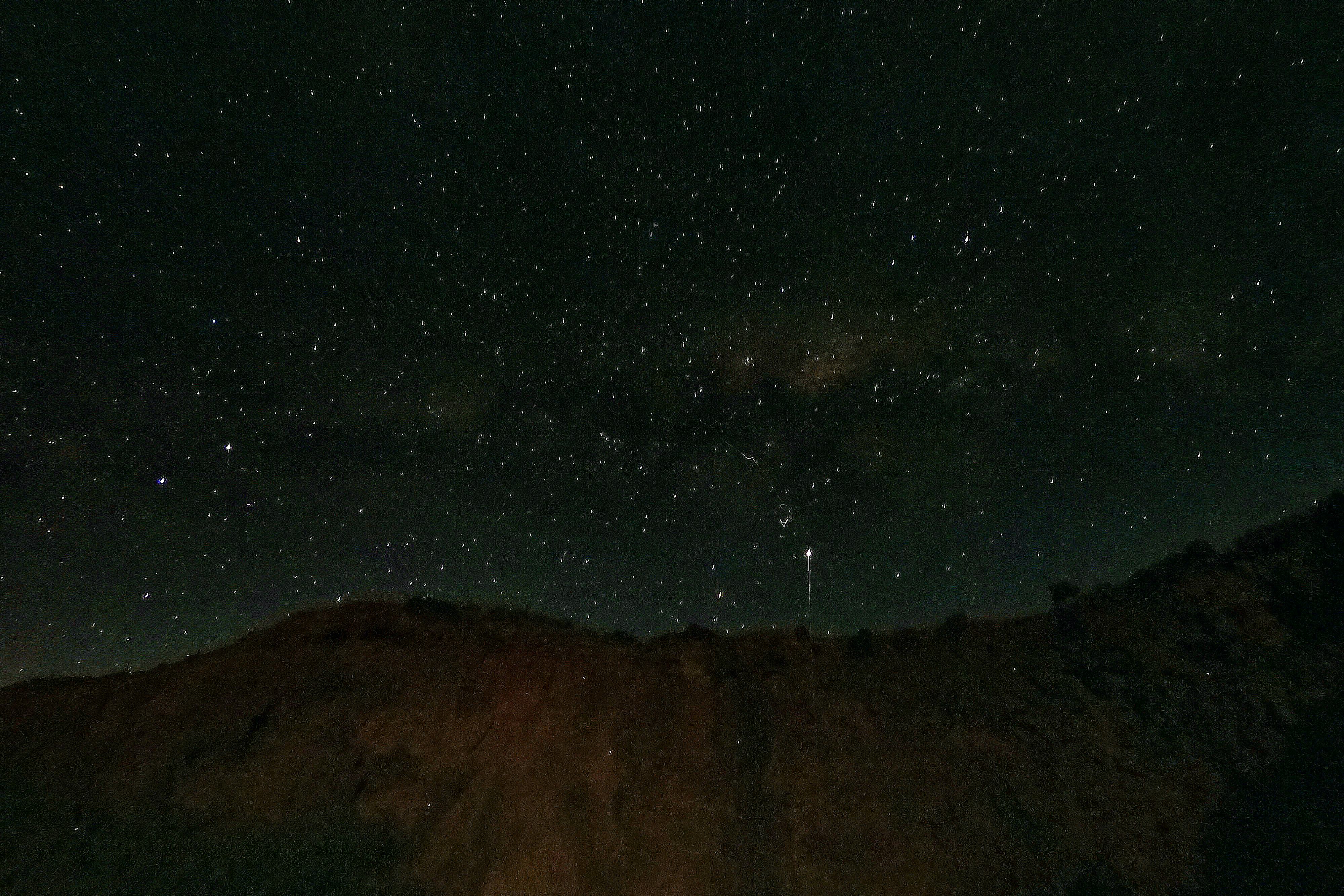
Stars over Long Beach, Otago
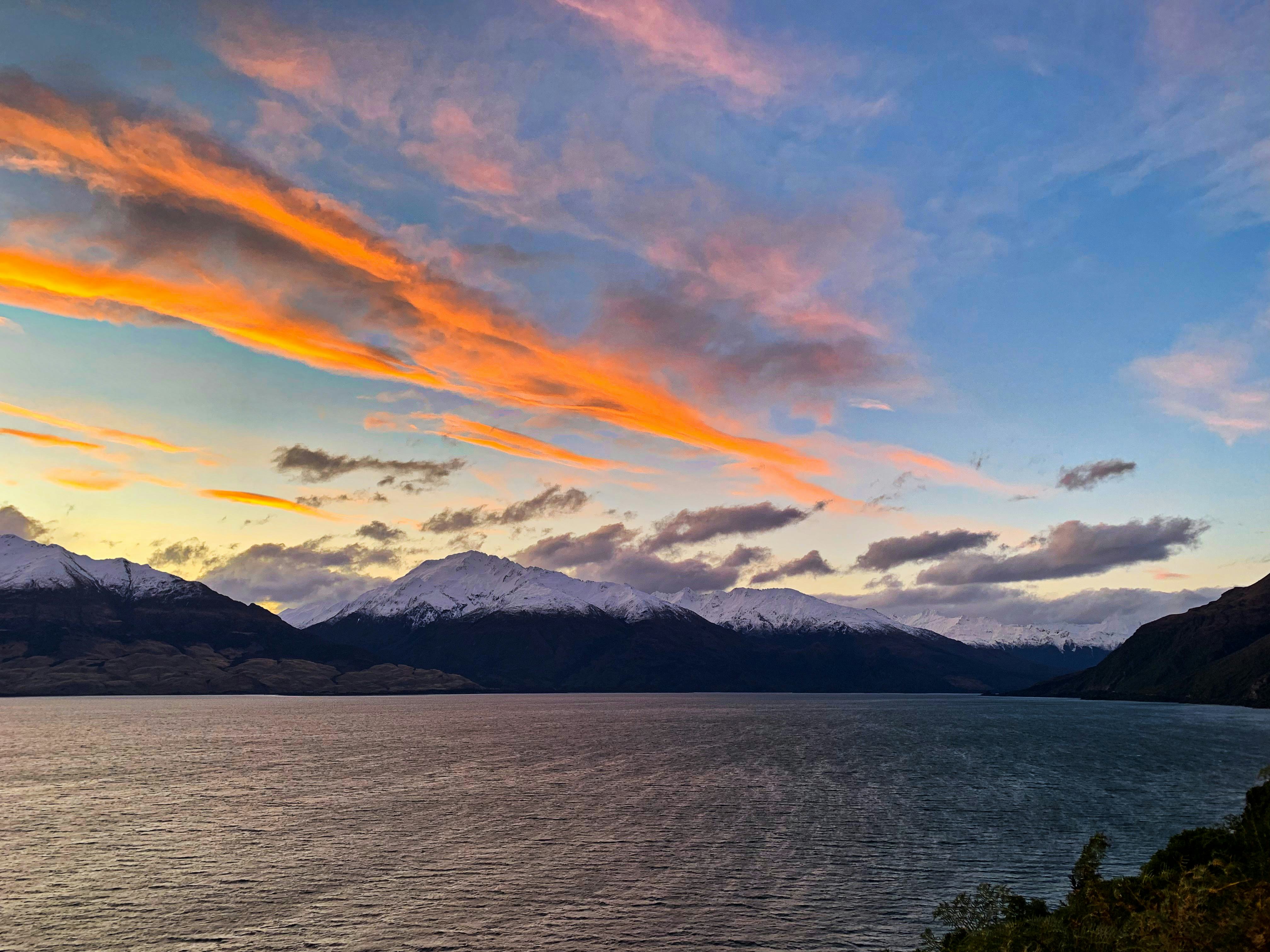
Sunset over Lake Wānaka, seen from Route 6
Anything you do will impact something else.
Plan accordingly.
Originally from Redding, Connecticut, Nick has worked and learned in the outdoors his whole life. He is an avid adventurer and immensely curious, and his passion to explore and learn about the natural world has brought him across the United States, Europe, the Pacific Ocean, and Africa, from New England to New Zealand to Madagascar. He draws inspiration and energy from the beautiful landscapes and ecosystems he sees and studies, and currently works in the Bahamas to study and protect them.
Discover more from Nicholas Nonnenmacher.







